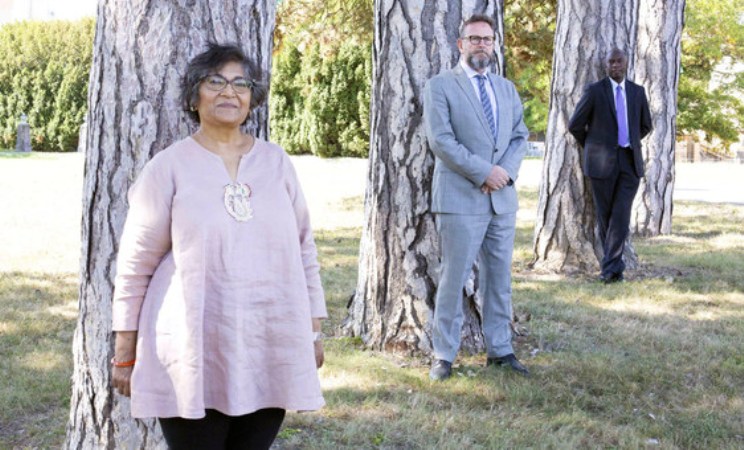UN experts warn of dire human rights crisis in South Sudan
September 24, 2024 (GENEVA) – Extension of the transitional government in South Sudan will compound dire human rights crisis if leaders do not change course, United Nations experts warned.
Last week, the Government of South Sudan extended the transitional period by 24 months and postponed the December 2024 general election to December 2026, citing a lack of preparedness.
The Commission on Human Rights in South Sudan said the delay by the leadership to pursue peace has resulted in a dire humanitarian crisis, characterized by extreme hunger and food insecurity, and the displacement of more than four million South Sudanese both in the country and the region.
“South Sudan’s unelected leaders have since independence in 2011 continued to entrench impunity for systematic and gross human rights violations, fuel insecurity and deliberately thwart efforts to democratise the country,” Yasmin Sooka, the Chairperson of the Commission said in a statement.
In South Sudan, she further observed, the basic needs of nine million people are unmet, equating to around three quarters of the population, while the humanitarian assistance levels are insufficient.
According to Sooka, despite the last two-year extension of South Sudan’s transitional period in August 2022, most critical tasks remain unimplemented, including the comprehensive unification of armed forces and their deployment, development of a permanent constitution, establishment of rule of law and transitional justice mechanisms and credible electoral arrangements.
“Addressing civil, political, and socio-economic rights is a core obligation of all governments, yet South Sudan’s leaders have failed to fulfil these obligations. The challenges to a peaceful transition to democracy are not insurmountable if one implements the Revitalised Agreement as it was envisaged. However, the delays and unwillingness to compromise reflect the preoccupations of a predatory elite most concerned with remaining in power, and enriching themselves from the country’s vast oil and other wealth. A flagrant disregard for the plight of their own citizens is a testament to unaccountable leaders not having the political will to respect and protect human rights,” she stressed.
The Commission Chairperson further said South Sudanese face incredible economic and social hardships and have shared with her team of experts their deep sense of betrayal and helplessness.
She, however, accused South Sudanese leaders of squandering the goodwill and practical advice of the African Union, IGAD and the international community, as well as the desperate hopes of citizens.
For his part, Commissioner Barney Afako said South Sudan faces a “maelstrom of interlinked crises”, citing damage to an oil export pipeline which has significantly reduced national revenue at a time when it hosts hundreds of thousands of newly displaced persons, including Sudanese refugees.
“In the face of these multiple challenges, South Sudan cannot afford to endure more business as usual. Its political leaders must finally and urgently invest in delivering tangible democratic, protection and human rights outcomes,” he emphasized.
Meanwhile the Commission said the government should also ensure an inclusive and participatory process in regard to the peace processes, including through the ongoing Tumaini Initiative. More than ever, South Sudanese desperately need their leaders to become responsive to their rights, needs, and aspirations, otherwise the country’s transition is in peril, with potential for catastrophic consequences.
The members of the Commission further urged the African Union, IGAD and the international community to continue their support to South Sudan and to hold the country’s leadership to account for the implementation of the outstanding tasks linked to the transition.
(ST)

